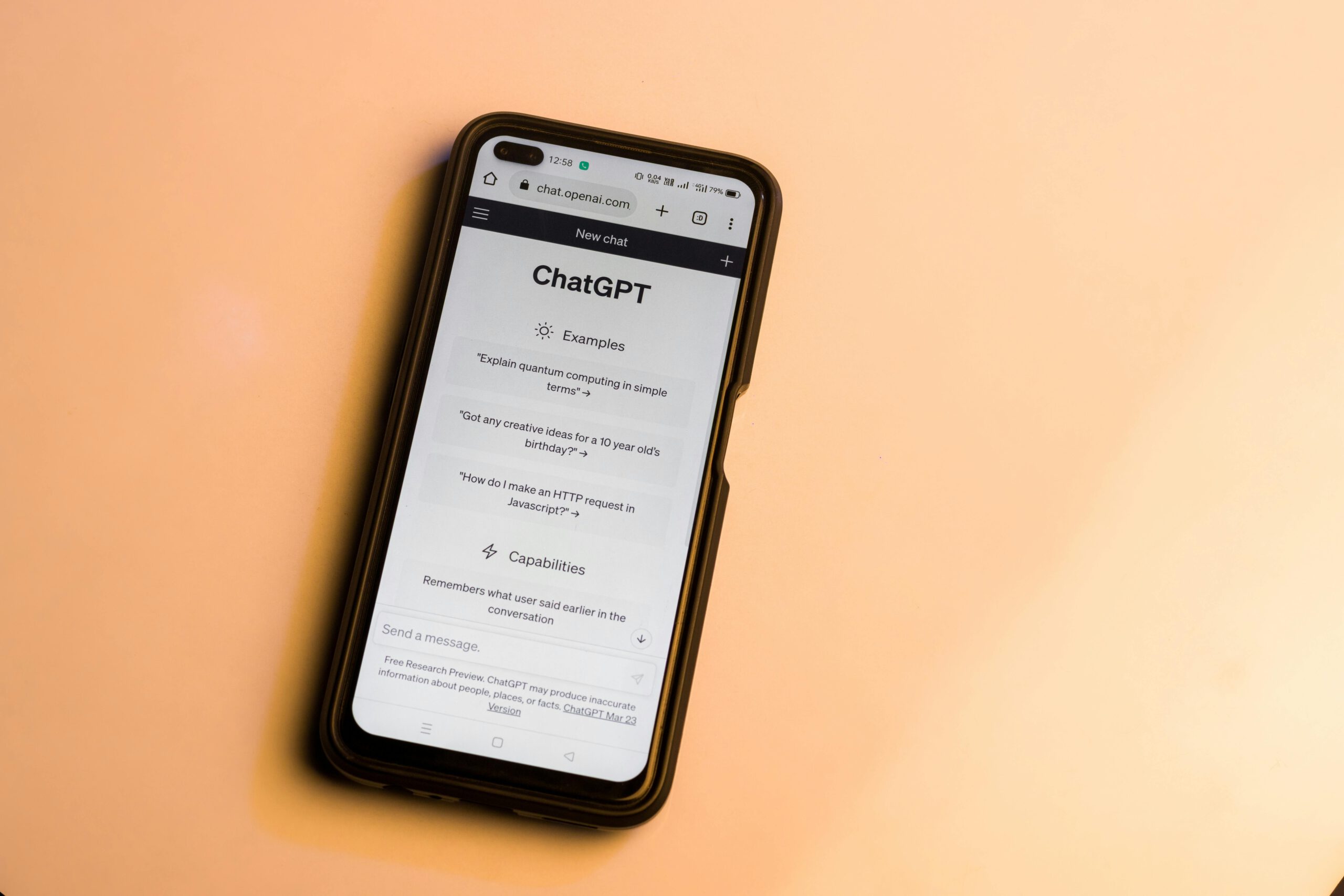5 Smart Strategies to Protect Your Data from Phishing Attacks

5 Smart Strategies to Protect Your Data from Phishing Attacks
Have you ever received an email from a “bank” asking you to verify your account? Or maybe a text message claiming you’ve won a prize and asking you to click a suspicious link? If so, you were likely the target of a phishing attempt.
Phishing is a type of cyberattack where criminals disguise themselves as trustworthy sources to steal sensitive information such as passwords, credit card numbers or personal data. This threat is constantly evolving from fake emails and suspicious links to look-alike login pages that are hard to distinguish from real ones.
Fortunately, there are several practical ways to protect yourself from these attacks. Below are 5 smart strategies to help keep your data safe from phishing.
1. Be Extra Cautious with Emails and Suspicious Messages
Phishing often begins with an email or text that appears legitimate. These messages usually pretend to be from trusted institutions like your bank, a tax office or a popular online store.
Here’s what to do:
- Check the sender’s email address. If it looks slightly off (like support@tokopedia.id.com instead of @tokopedia.com), be suspicious.
- Don’t click links right away. Hover your mouse over the link to preview where it goes. If it looks strange or doesn’t match the official website, don’t click.
- Watch the tone of the message. Real companies write professionally. If the message contains grammar errors, creates urgency, or threatens you, it might be phishing.
Remember: Legitimate companies will never ask for your personal info via email or text message.
2. Enable Two-Factor Authentication (2FA)
Passwords can be stolen. But with two-factor authentication (2FA) enabled, hackers won’t be able to access your account without an extra code sent to your phone or email.
Popular services like:
- Shopee or Tokopedia
…all support 2FA. It’s easy to set up, usually found in the “Security” or “Account Settings” section of your profile.With 2FA turned on, even if someone gets your password, they still can’t log in without the verification code.
3. Never Share Information via Suspicious Links
Phishing isn’t limited to emails. These scams also appear as:
- Fake WhatsApp gift links
- “Wedding invitation” PDFs
- Survey or giveaway websites
- Job offer messages with links
These often look real and even use official logos and language. But once you enter your name, ID number or banking details, the information goes directly to cybercriminals.
So what should you do?
- Don’t fill out online forms from unknown links.
- Check the official website or social media for confirmation.
- Avoid clicking links in messages from strangers.
Better to be safe than sorry.
4. Use Trusted Security Software
Technology can help shield you from phishing, too. Several tools can detect and block malicious emails or fake websites before you fall into the trap.
You can use:
- Antivirus apps like Avast, Bitdefender, or Kaspersky
- Web browsers with phishing protection (like Chrome or Firefox)
- Browser extensions like uBlock Origin or HTTPS Everywhere
Always keep your software up to date, as updates often include new protections against the latest threats.
5. Educate Yourself and Those Around You
Phishing doesn’t discriminate it can target anyone, regardless of age or profession. That’s why digital awareness is your best defense.
Here’s what helps:
- Stay informed about the latest digital scams
- Learn to identify common phishing tricks
- Talk to your family and friends especially older folks who may not be tech-savvy
The more people who are aware, the harder it is for scammers to succeed.
Conclusion
Phishing is sneaky and constantly changing, but it’s not unstoppable. With the right knowledge and habits, you can defend your personal information and avoid falling into these traps.By checking emails carefully, enabling 2FA, avoiding suspicious links, using proper security tools and continuously learning, you’re taking key steps to protect yourself.Don’t let your guard down stay alert and stay safe online.







